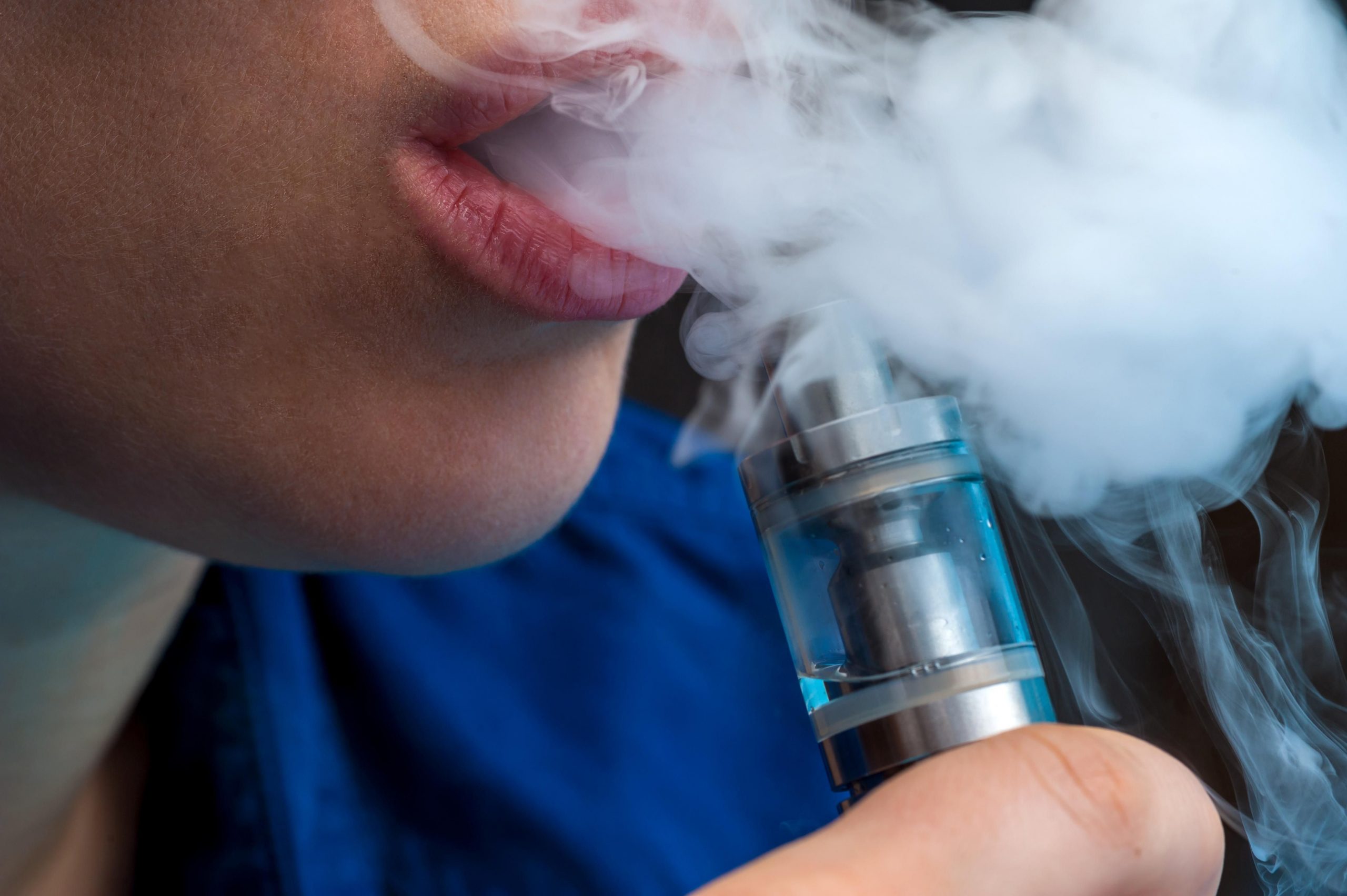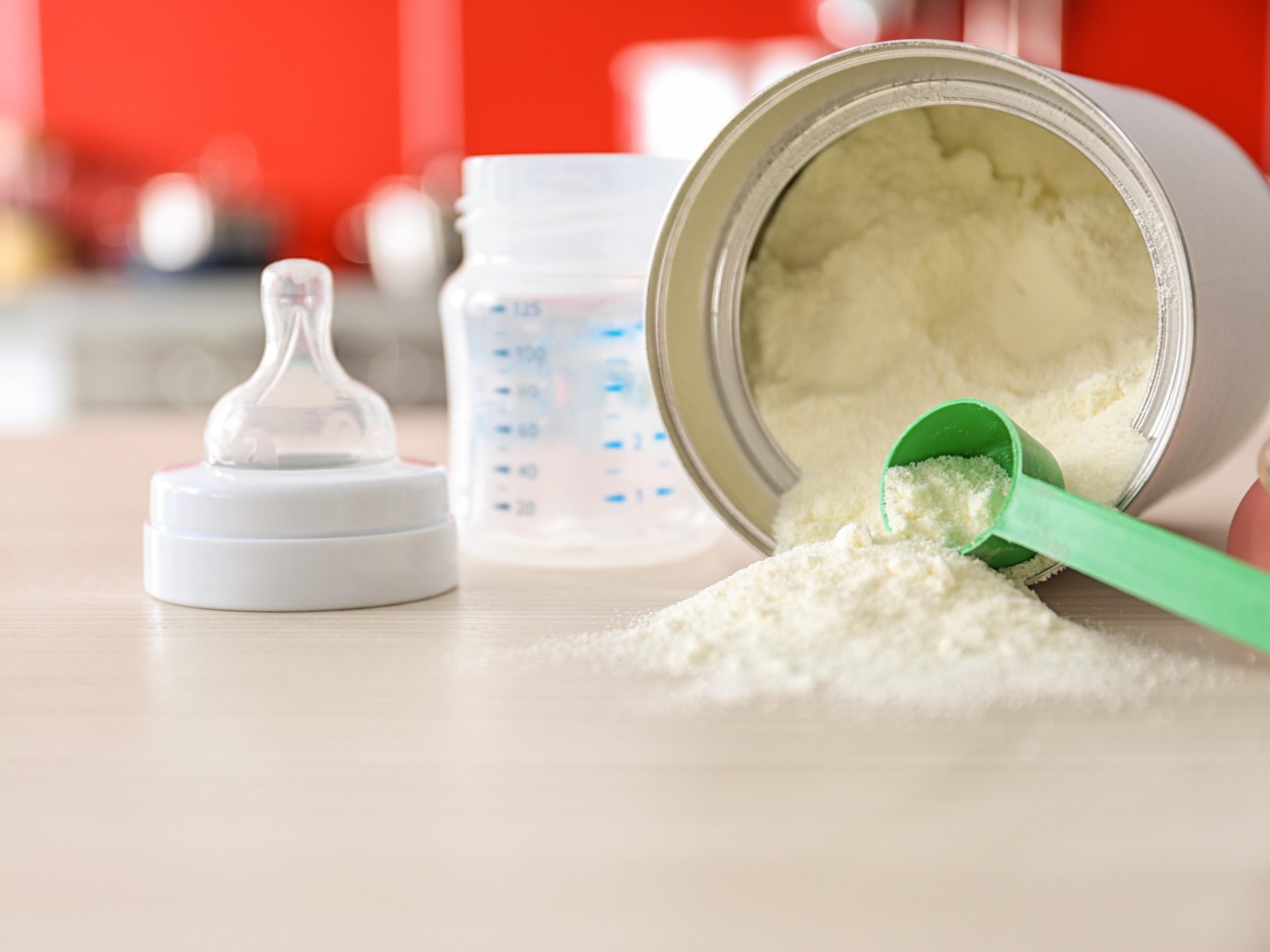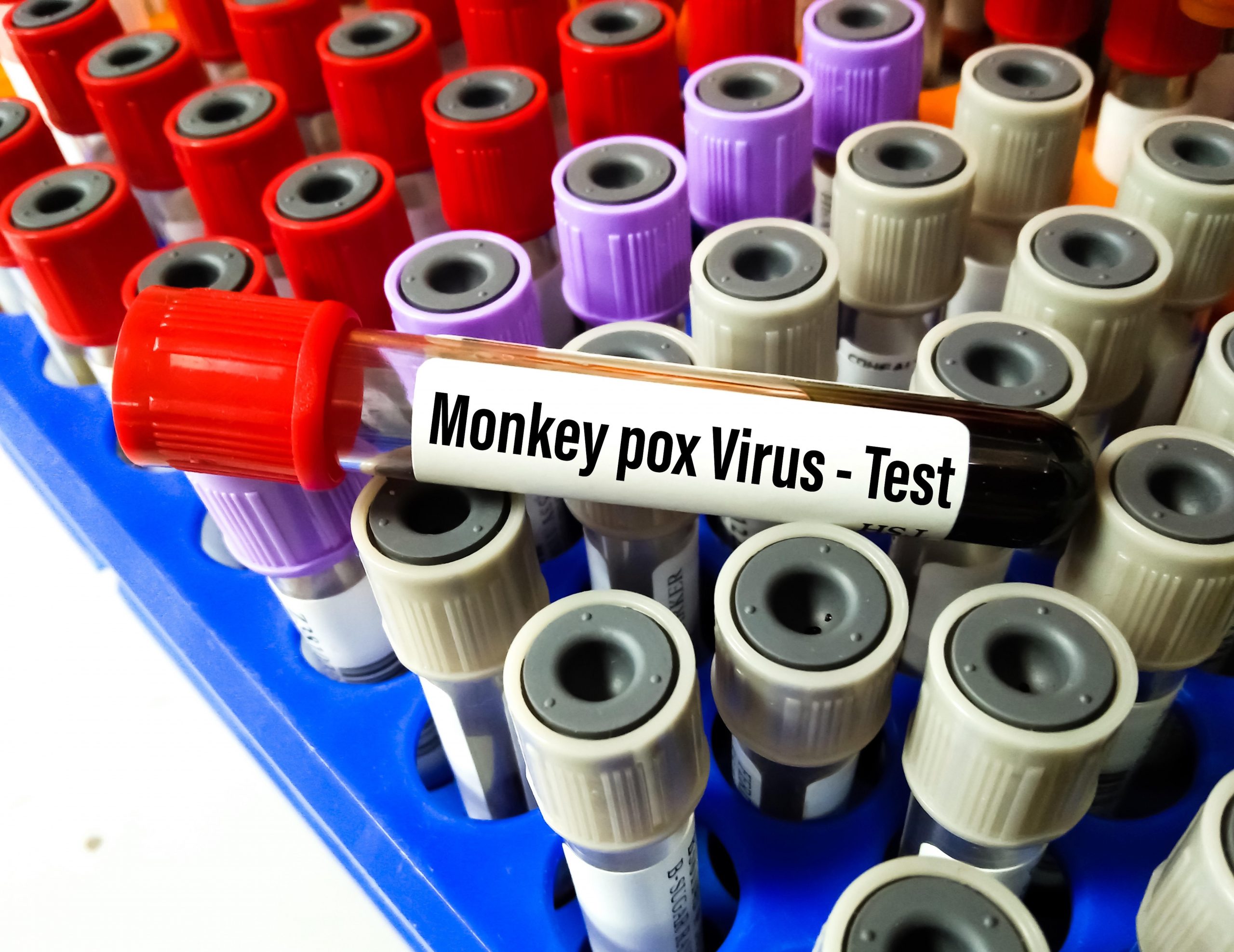
Think vaping is cheap? A study from the University of California, San Francisco School of Nursing reports that annual health care costs for users of electronic cigarettes were $2,024 more per person than for those who use no tobacco products. That adds up to about $15 billion a year in the United States. “Health care… read on > read on >






























